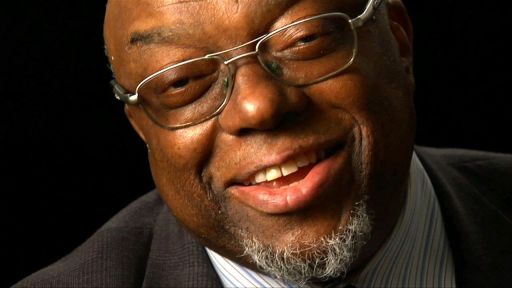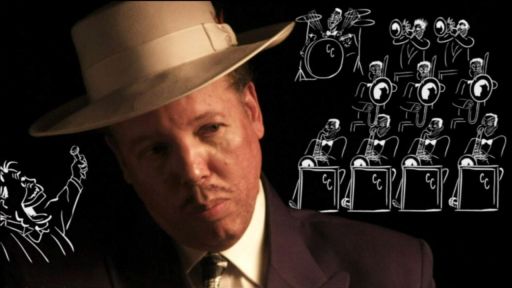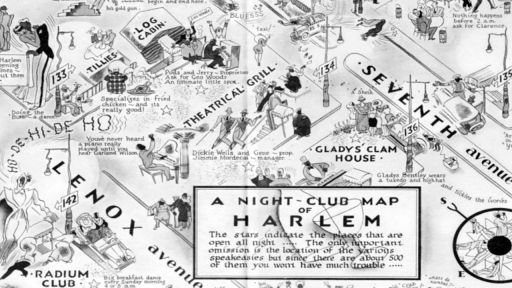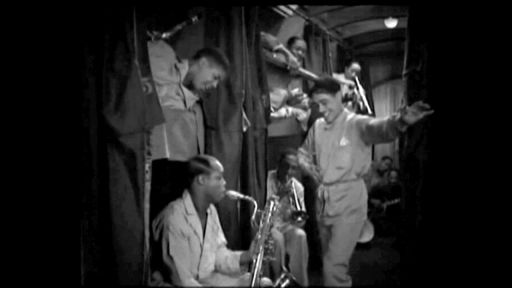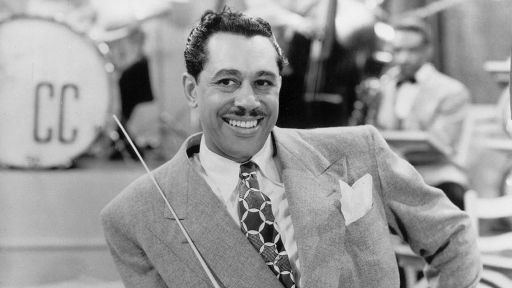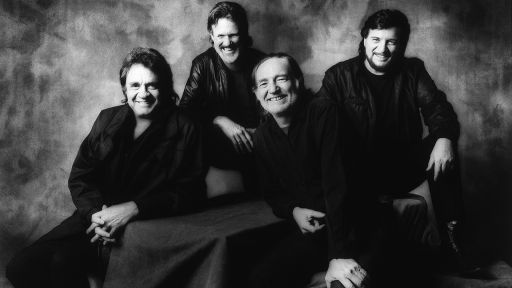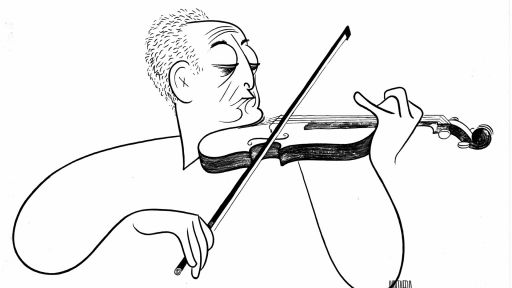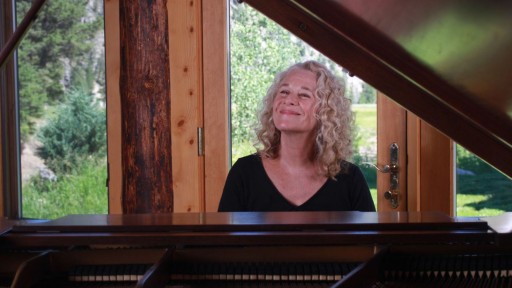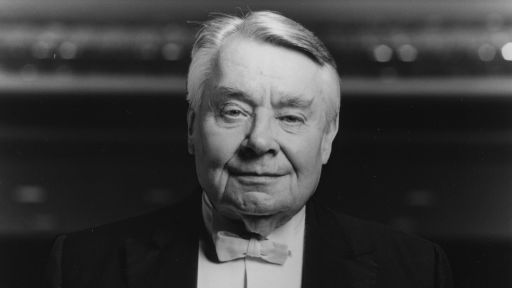Allan Gurganus, author of Oldest Living Confederate Widow Tells All and The Practical Heart, discusses the ways that Harper Lee’s novel To Kill a Mockingbird influenced him as an adolescent. The novelist’s ability to distill national issues into a local, familiar setting, he says, made him excited about literature. Harper Lee: Hey Boo airs Monday April 2nd at 10 p.m. (check local listings).
Allan Gurganus: I think I read it when it came out and I was a junior high school age kid. And I remember the title was extremely beautiful, I thought the title was what everything a title should be…an invitation, a mystery, and uh I loved mockingbirds and there was part of the cult of living in the South, there’s always one on every corner just singing its little gullet out.
One of the things that struck me initially as someone who lived in a town of 24,000 was…I felt the permission to write about small-town life, and the permission to feel that huge international drama, all the circumstances of truth, justice, and the American way, could be played out in a town of 2,000 souls. And could be played out by a single just man who stands up to be counted.
He…Atticus resembled a lot of the, sort of Harvard educated lawyers who had gone away to school and come home. Faulkner is full of those people too, who seemed in those days to be the real aristocrats, I mean, the people who could have done anything but chose not to leave, the people who had a kind of comprehensive vision of the sociology of the town and were amused by it and forgave it and…defended the wrongly accused.
I was close enough to Scout’s age to be attracted both to the child-likeness of the boys and the sagacity of the adult perspective, I think it’s one of the things that’s not quite understood about the book, is that Lee manages to be a child and an adult, the analysis of the town is very, very shrewd and, like, with the wisdom of an 80 year dowager who’s seen it all. And yet, the boys can be very, very fresh and very innocent, and beguiling and Huck Finn like.
I think Huck Finn and To Kill a Mockingbird have a lot in common and I think she learned a lot from Twain in terms of a child’s critical vision of the hierarchy, of the system.






